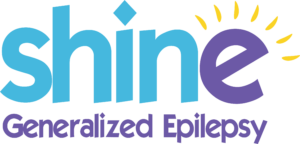Study Medication
BHV-7000 is a new type of medicine currently being studied to see if it can help people with idiopathic generalized epilepsy. This medicine works by targeting specific parts of brain cells called Kv7.2/Kv7.3 potassium ion channels. These channels are like tiny gates that help control the electrical signals moving through the brain. In people with epilepsy, these signals can sometimes become overactive and lead to seizures.
BHV-7000 aims to stabilize these signals, potentially making seizures less frequent and severe. By acting on these specific parts of the brain cells, BHV-7000 may help calm the brain’s excessive electrical activity that leads to seizures, without affecting other parts of the brain’s normal functions. As a result, seizures may be better controlled with less side effects frequently seen with current treatments, such as drowsiness, sedation, mood changes, irritability, and dizziness.
Earlier Phase 1 research has shown BHV-7000 to be successful in treating seizures in different forms of epilepsy and in our most recent studies with healthy volunteers, BHV-7000 was found to be safe and well tolerated.
Study Medication
BHV-7000, or placebo, will be administered via tablet during clinic visits or at the home.
After the Baseline visit, participants will attend visits at the site Study participants will take 2 tablets of the study medication once every day. The tablets may be taken during clinic visits or at home. In the double-blind phase, participants will take 2 tablets that either contain BHV-7000 or placebo (a dummy pill). During the open-label phase, the 2 tablets will contain BHV-7000; nobody in the open-label phase will receive placebo.
